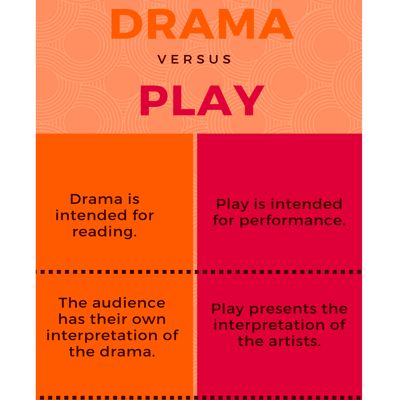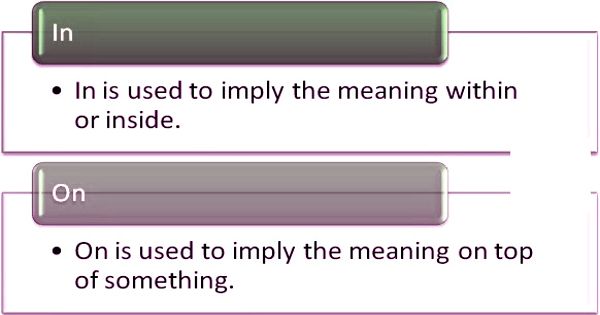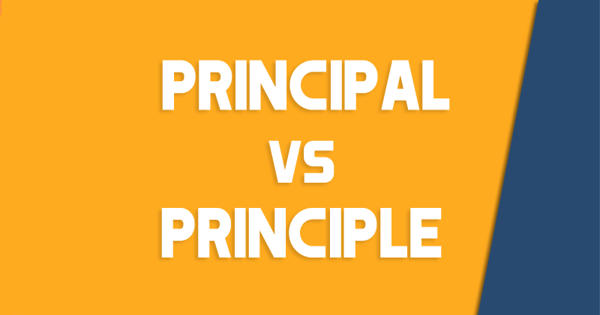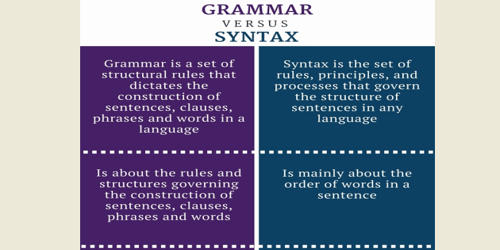Drama and play are two words that are often used interchangeably. Drama is a form of written literature that is either prose or verse, usually in dialogue-form that is intended for performance. It is a genre of literature, which is basically the script, and the actors play the role of different characters to tell the story to the viewers and facilitate interpretation. The word drama is originated from the Greek word ‘dran’ meaning “to do,”. Drama is one of the active forms of literature, which tends to inform, educate, and entertain the audience at the same time.
Drama is often juxtaposed with a play. A play is a form of literature written by a playwright; drama usually consists of a dialogue between the characters, intended for theatrical performance rather than just reading. Play implies a piece of literature, which is written in single or multiple acts, consisting of different scenes in each act. Plays are written for a reading audience, but drama needs to be transformed into some other form, i.e. theatre, to present the idea.
The primary difference between play and drama is that play is a dramatic performance on the stage, whereas drama is a literary composition in the form of prose or verse, that portrays dialogue showing conflict which the main character attempts to resolve.
Difference between Play and Drama

PLAY
- A play implies a dramatic work that includes dialogue amidst the characters and performed in a theater.
- A play is written as an instruction manual for actors, directors, designers, etc, which is rehearsed and performed, or it could be devised from improvisation.
- Play can be understood as the dramatic work, characterized by direct interaction between the characters. It is designed for theatrical performance, which is arranged into dialogue, acts, and scenes. It is meant for a particular audience, i.e. it can be a stage play, screenplay, or radio play.
- Play refers to a written composition, which is meant to be performed on stage and asks to be imagined by the audience.
- The feelings, emotions, and ideas of the writer are presented by way of characters. In order to increase the understanding of the viewers, the playwright makes use of various dramatic elements.
- The playwright does not narrate the story, rather the audience interprets the story as the characters interact and perform on the stage.
- The main elements of a play are plot, characters, dialogue, setting, conflict, and resolution. The pattern found in the plot of the play is – Rising Action, which is followed by a Climax, and finally, Falling Action takes place.
DRAMA
- Drama is a literary composition, developed with an aim of a theater performance, in front of the audience.
- Drama is a subject area or discipline, which could be theoretical or practical, or both.
- Drama refers to a type of fictional or non-fictional work, often presented through performance and dialogue in a theatre, stage, radio or television, in the form of play, mime, opera, ballet, and so forth. It is a literary composition, written as prose or poetry, to act a story or to portray a character, having conflict, tension, and various other types of emotions.
- Drama implies the depiction of fictional or non-fictional work, by way of acting of the written script.
- It is also otherwise referred to as ‘staged art’. It is a literary piece that is designed for a theatre performance, wherein the different characters are assigned the roles and they perform their respective roles when the action is presented on the stage.
- The drama is presented in dialogue, wherein the characters talk to themselves and respond to the events accordingly.
- The characters may include human beings, spiritual beings, animals, etc. There are four basic elements of drama – imitation, plot, action, and dialogue.
















